Japan’s LDP Leadership Race Kicks Off: Will Any Candidate Propose Tax Cuts Amid Inflation Crisis?
Input
Modified
Japan’s Ruling Party Leadership Race Narrows to Koizumi and Takaichi Amid Soaring Prices, Public Demands Tax Cuts Former Ishiba Cabinet Resisted Tax Cut Plan, Pushed for Cash Handouts
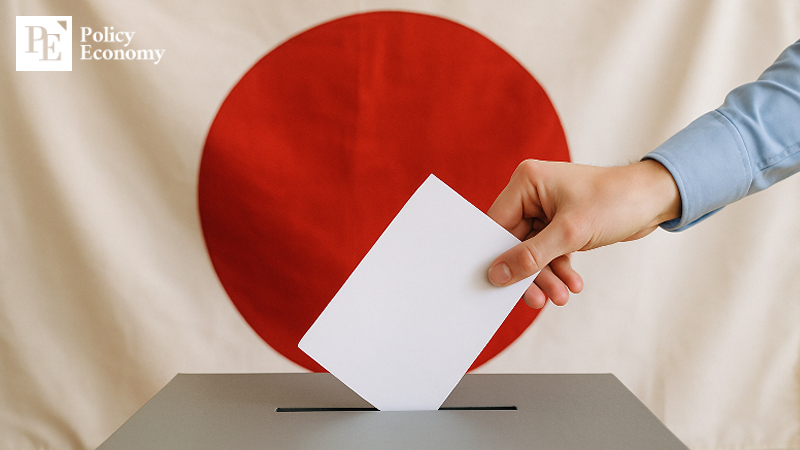
Japan’s Liberal Democratic Party(LDP) leadership race has begun, with Agriculture Minister Shinjiro Koizumi and former Economic Security Minister Sanae Takaichi emerging as the two main contenders. As both candidates adjust their political platforms to win support, market attention is increasingly focused on the inflation policies they will propose.
Who Are the Leading Contenders for LDP President?
According to reports from the press on the 22nd, campaigning officially began that day for the leadership of LDP. The five declared candidates are Agriculture Minister Shinjiro Koizumi, former Economic Security Minister Sanae Takaichi, Chief Cabinet Secretary Yoshimasa Hayashi, former Economic Security Minister Takayuki Kobayashi, and former LDP Secretary-General Toshimitsu Motegi—all of whom also ran in last September’s leadership race.
Polls suggest that Koizumi and Takaichi have emerged as the frontrunners. A Jiji Press survey released on the 18th found that 23.8% of respondents viewed Koizumi as the most suitable successor, while 21.0% chose Takaichi. The other three candidates polled in the single digits due to lower name recognition.
Both frontrunners are now adjusting their platforms to broaden appeal. The Tokyo Shimbun noted that “Koizumi has toned down his reformist stance, while Takaichi has softened her conservative image.” In last year’s race, Koizumi openly supported introducing an optional system allowing married couples to use different surnames, but this year he has largely avoided the issue amid resistance from conservatives. Takaichi, who previously vowed to visit the Yasukuni Shrine—where Class-A war criminals from World War II are enshrined—if elected prime minister, refrained from clarifying her position when asked at a press conference on the 19th.
Tax Cuts Gain Momentum as Prices Outpace Wages
Still, the central issue in the upcoming LDP leadership race may not be ideology but inflation policy. Consumer prices in Japan have been climbing steeply. According to the Ministry of Internal Affairs and Communications, the core consumer price index—excluding fresh food—rose 3.1% year-on-year in July, marking the eighth straight month of increases above 3%.
The problem is that wage growth has failed to keep up. OECD data shows that Japan’s average wages have risen only 3.5% over the past three decades. Adding to the strain, support for pensioners remains inadequate. While the government plans to raise benefits for 40 million pension recipients by 1.9% starting in April, the rapid pace of inflation is threatening their standard of living.
Against this backdrop, public demand for tax cuts is intensifying. A Jiji Press survey conducted from August 12 to 15 found that 45.8% of respondents saw cutting the consumption tax as the best way to tackle high prices. Another 28.0% favored income or residential tax cuts. Combined, support for tax reduction exceeded 70%. By contrast, only 15.4% supported direct cash handouts, and just 4.5% said no measures were needed.
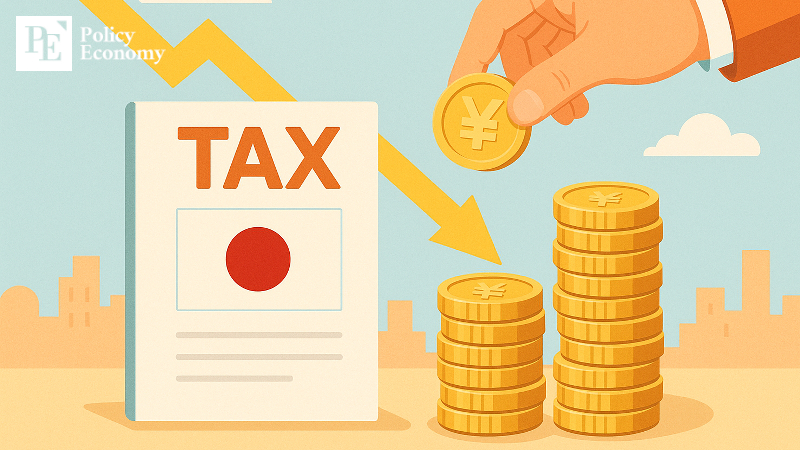
Previous Cabinet Opposed Tax Cuts, Pushed Cash Handouts
The previous Ishiba Cabinet consistently expressed skepticism toward tax reduction. To counter growing calls for tax relief, it proposed a nationwide cash handout of ¥20,000 (about $190) per person. The plan offered the payment universally, with an additional ¥20,000 for households with children or for residents exempt from local taxes, bringing total support for those groups to ¥40,000 (about $380).
Former Prime Minister Shigeru Ishiba argued in June that direct payments would be far more effective than cutting the consumption tax. Speaking at a press conference after the G7 summit in Canada, he said: “These payments, unlike a tax cut, do not disproportionately benefit high-income earners, and they can be targeted toward those truly struggling. Given that the consumption tax is an essential source of funding for social security, we must avoid rash tax cuts and proceed with extreme caution.”
Public reaction, however, was overwhelmingly negative. Many criticized the handout as last-minute electioneering, labeling it baramaki—a Japanese term for political money handouts. Polls reflected this sentiment: an Asahi Shimbun survey found that 67% opposed the policy, while joint polling by Sankei Shimbun and FNN showed 65.7% disapproval.


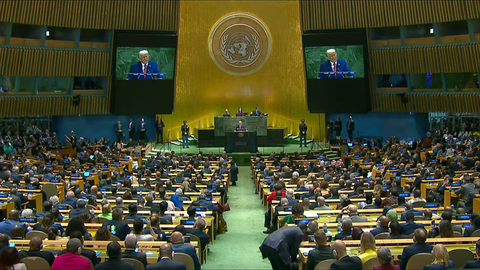
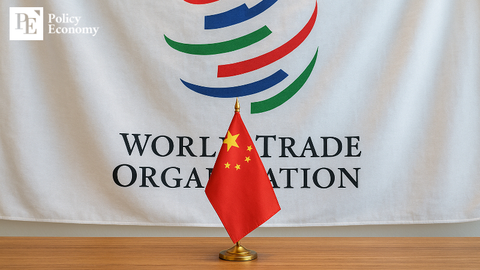

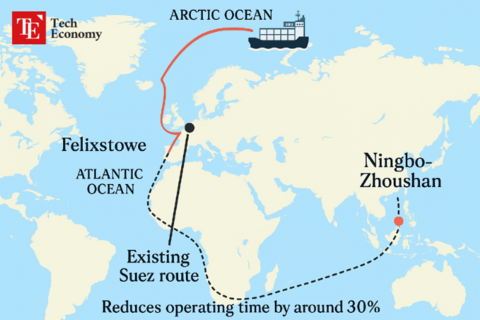
















Comment